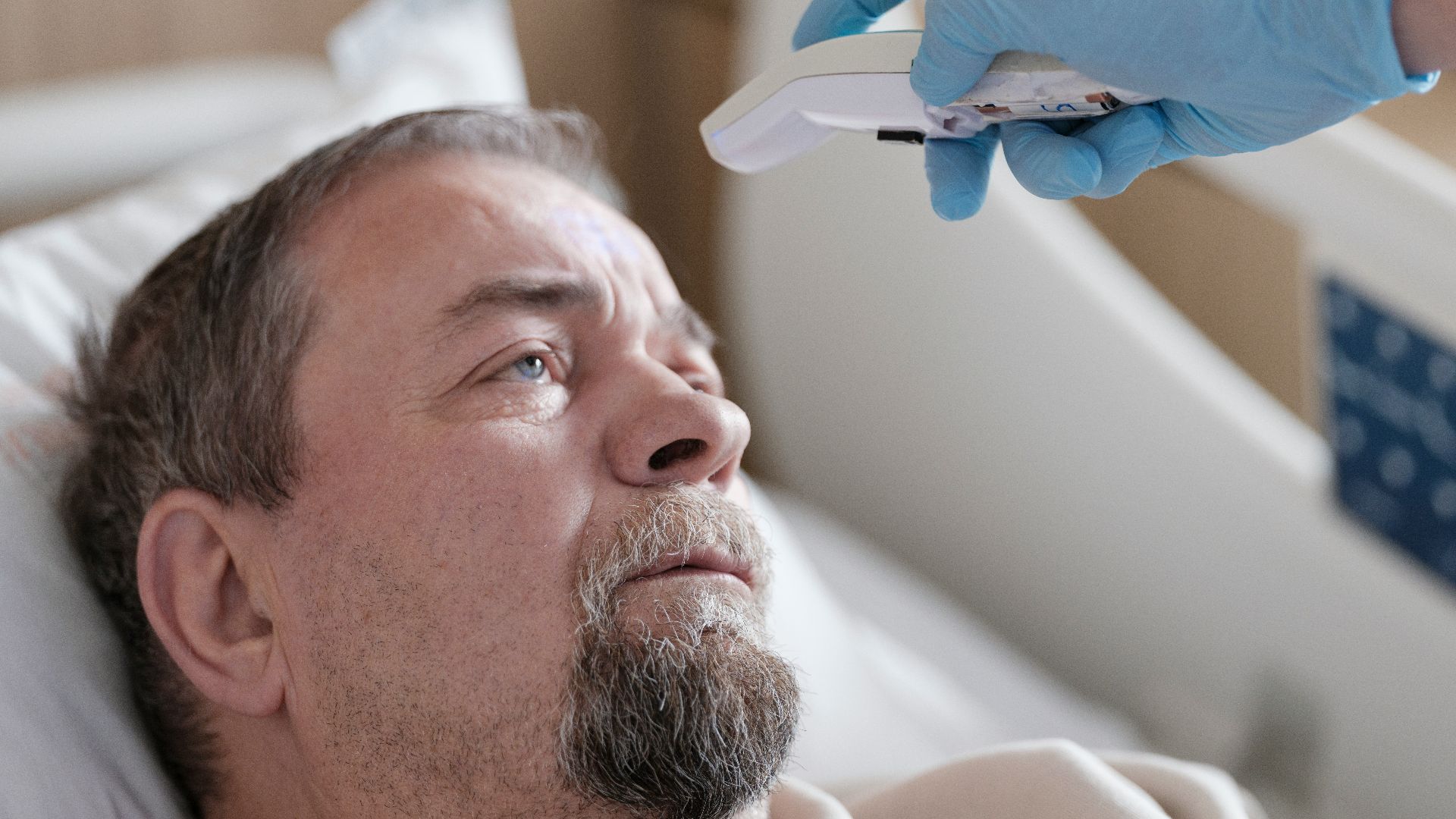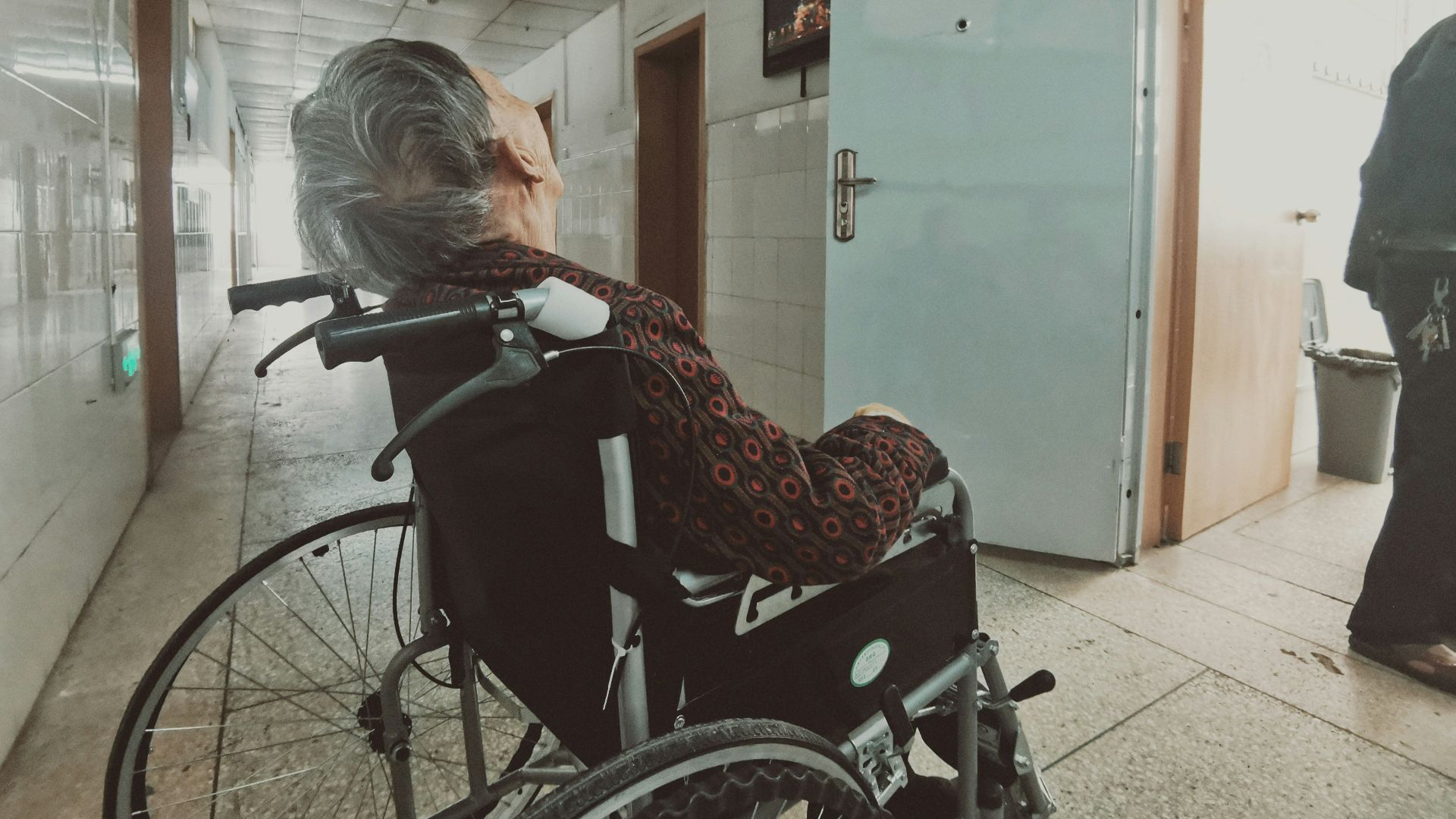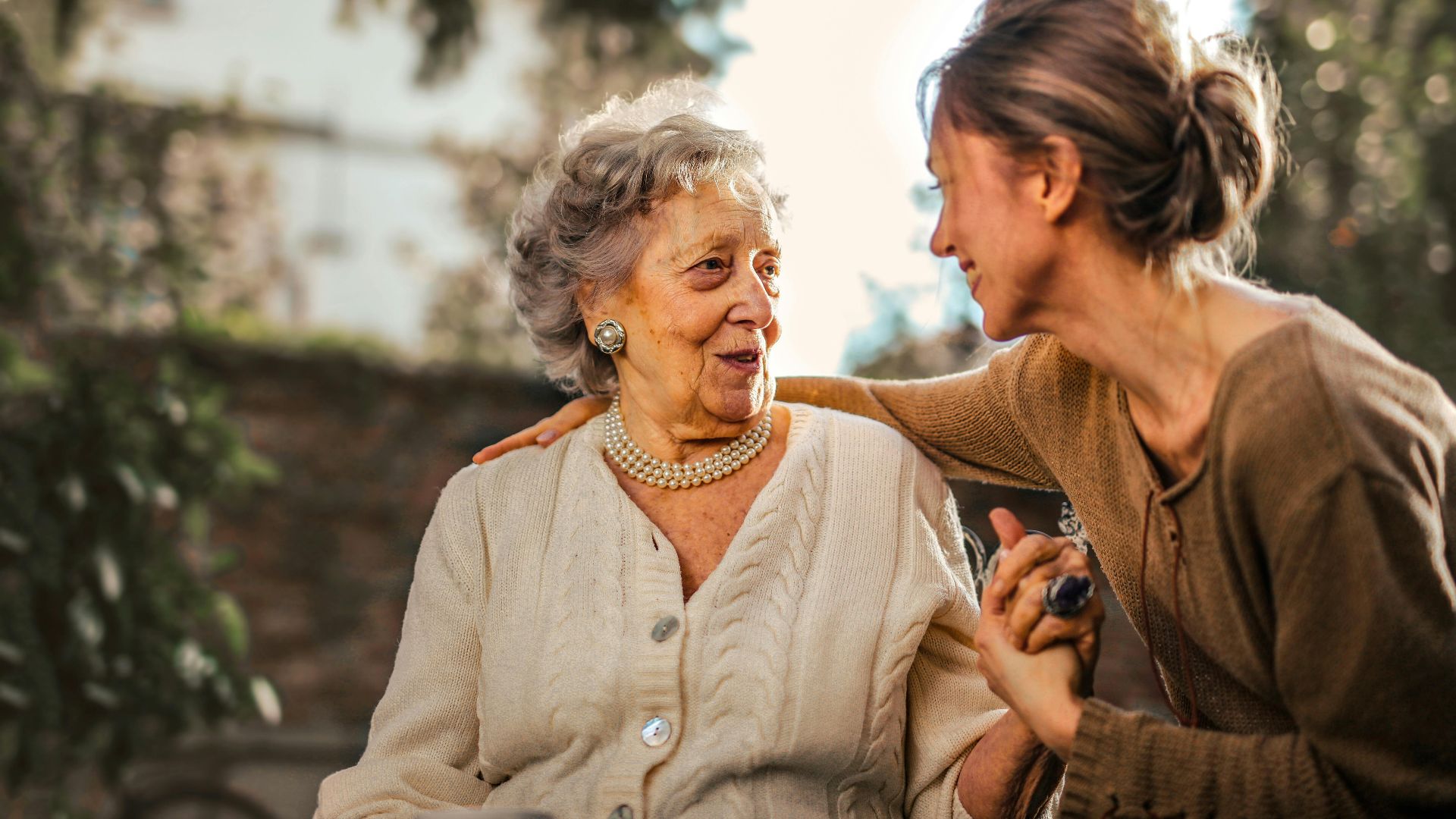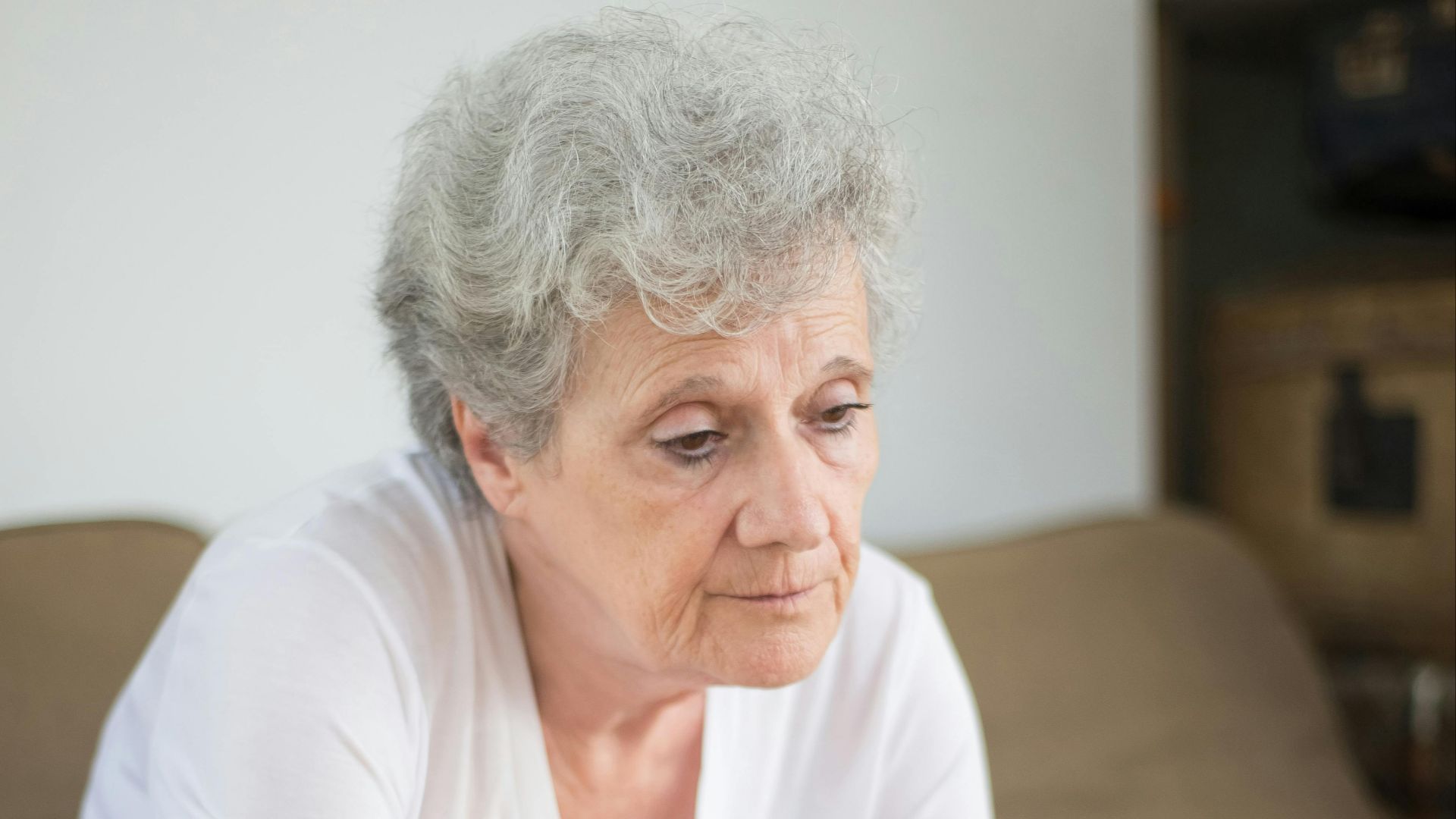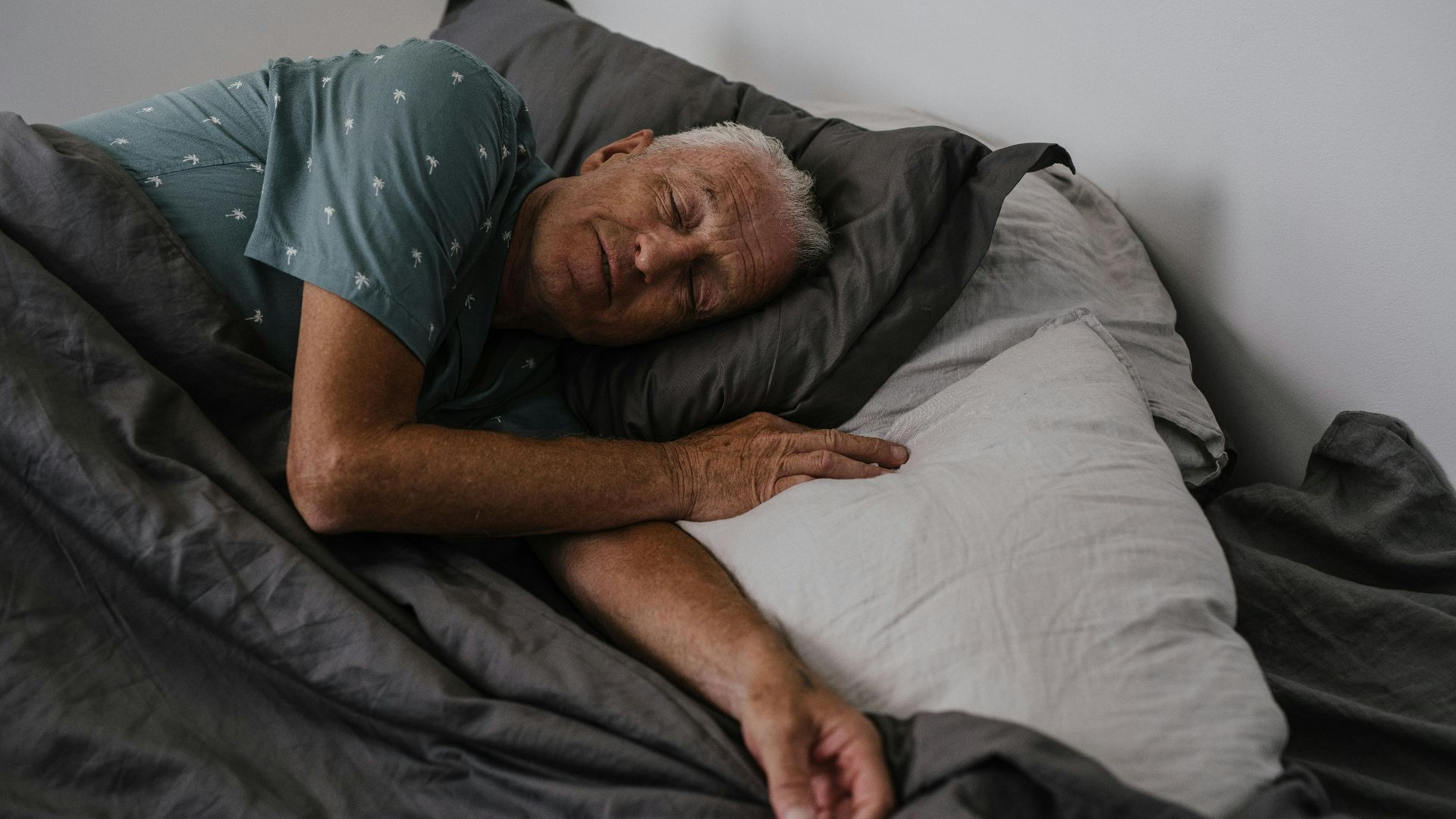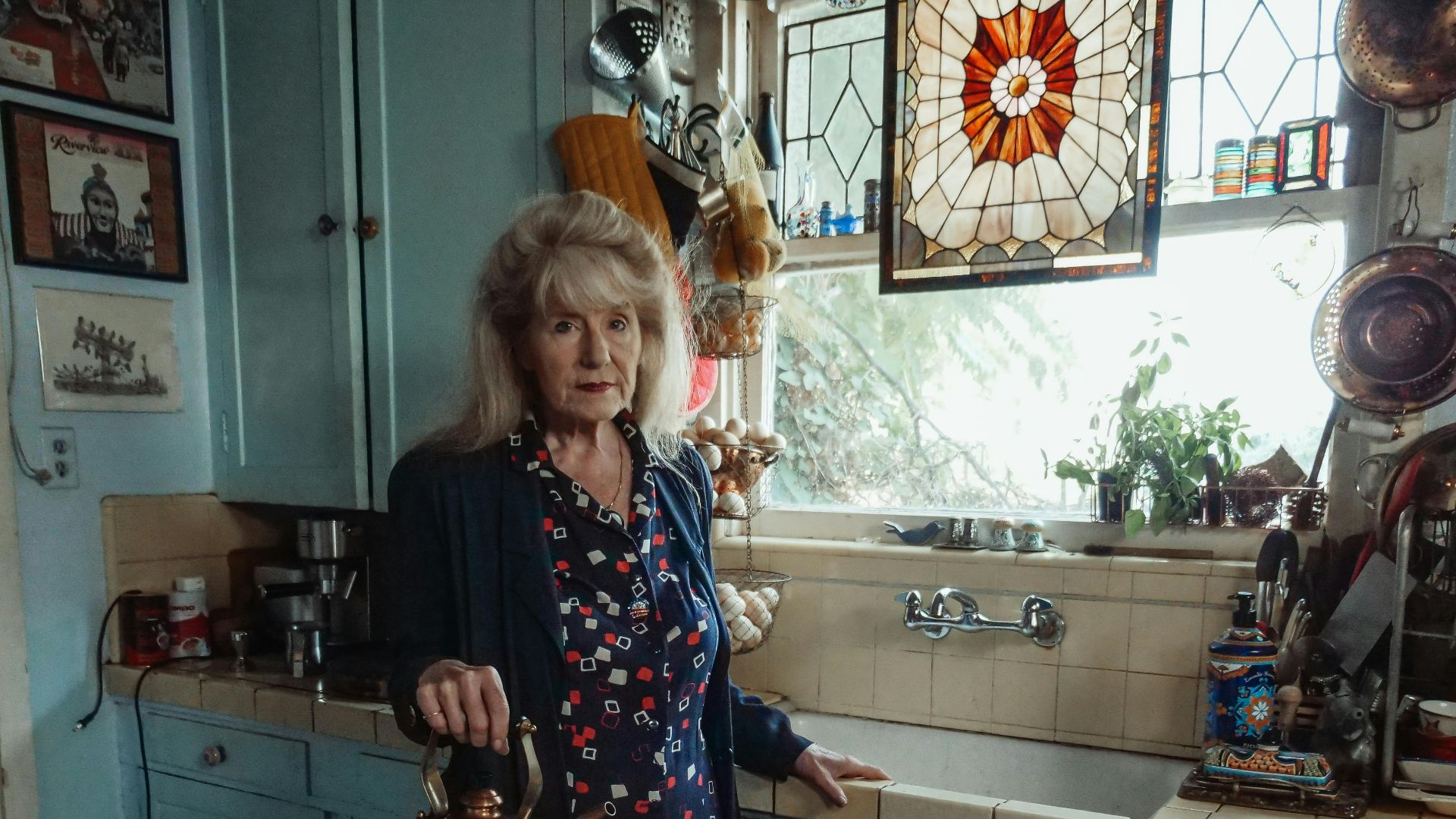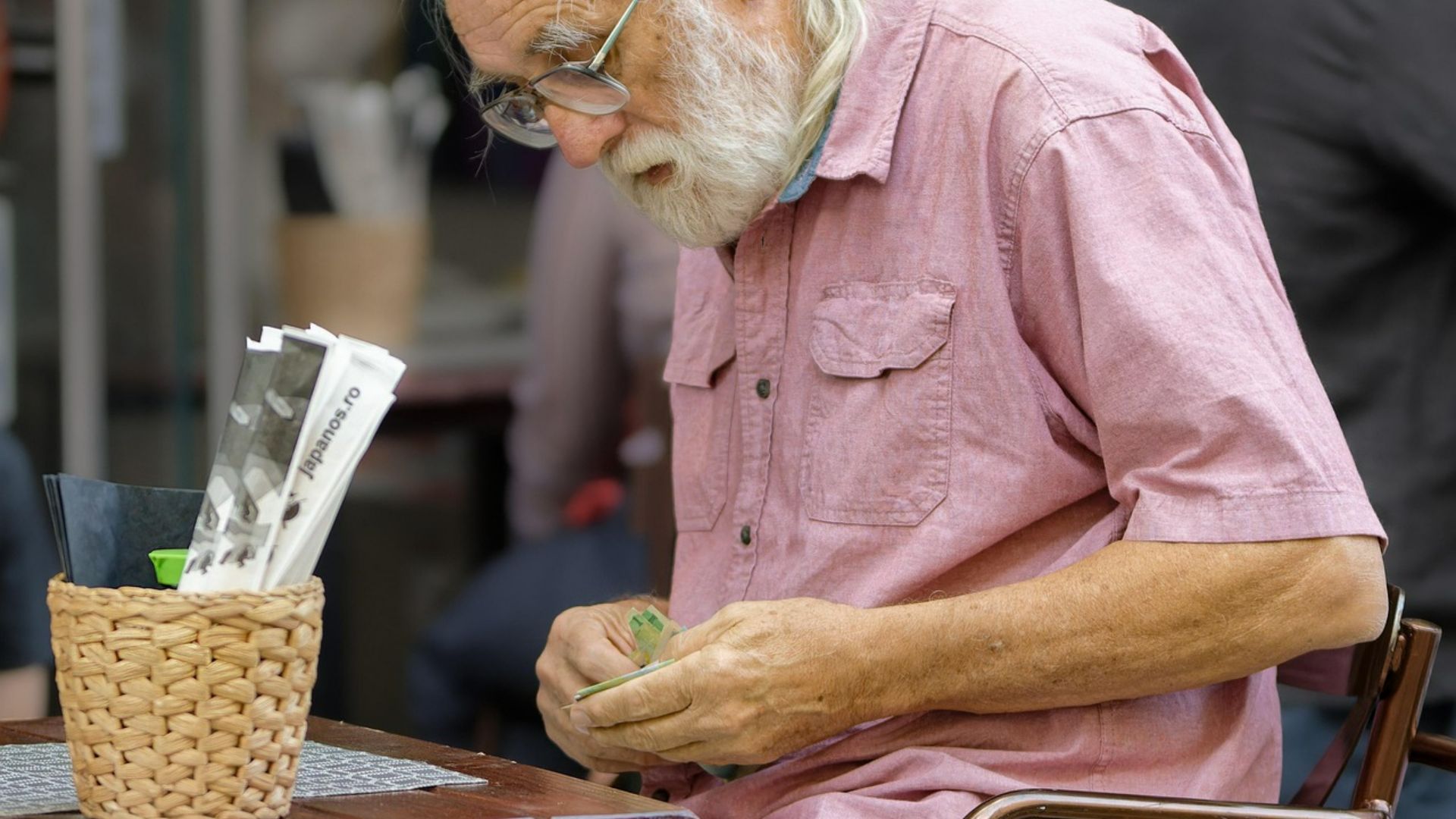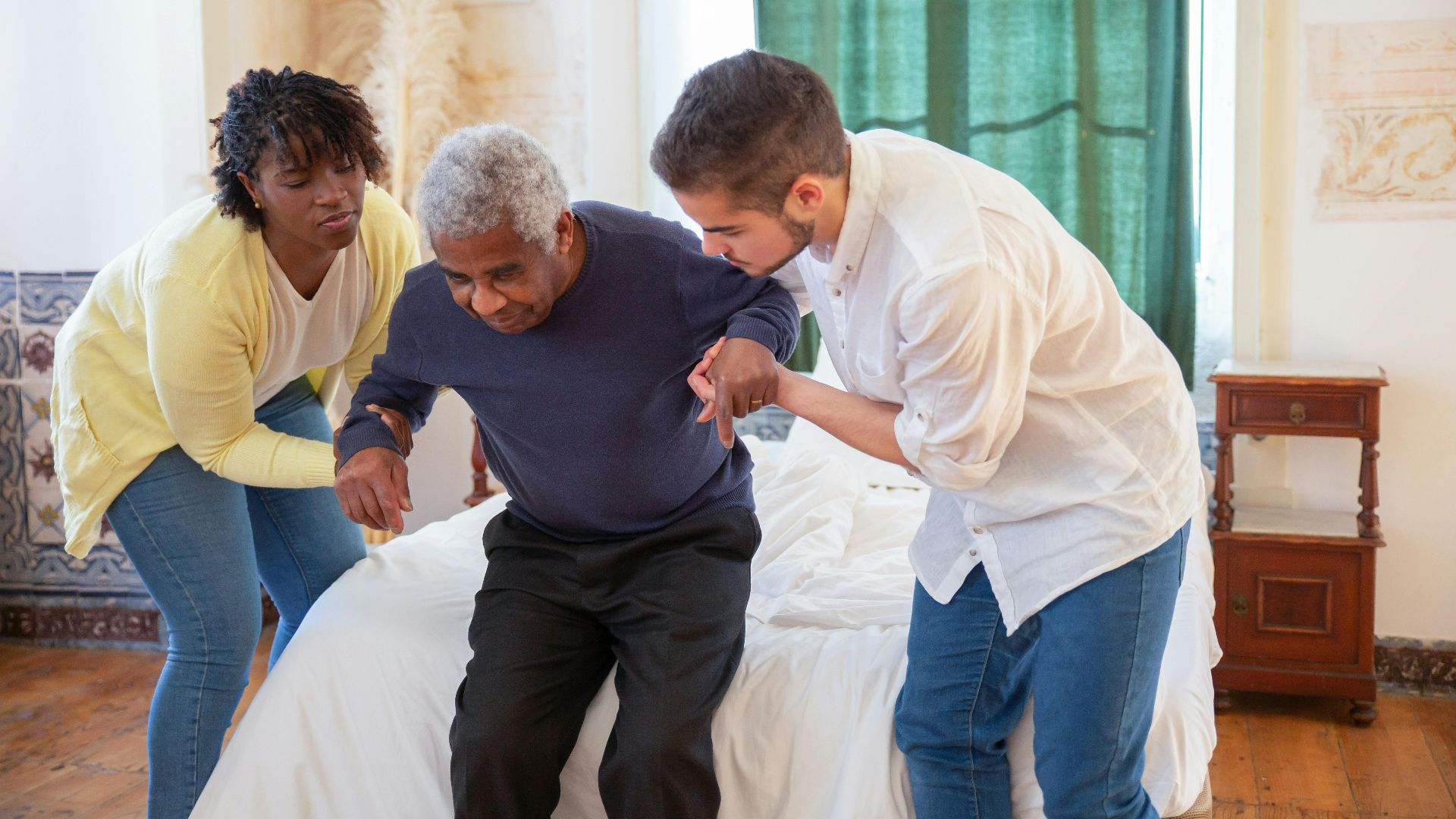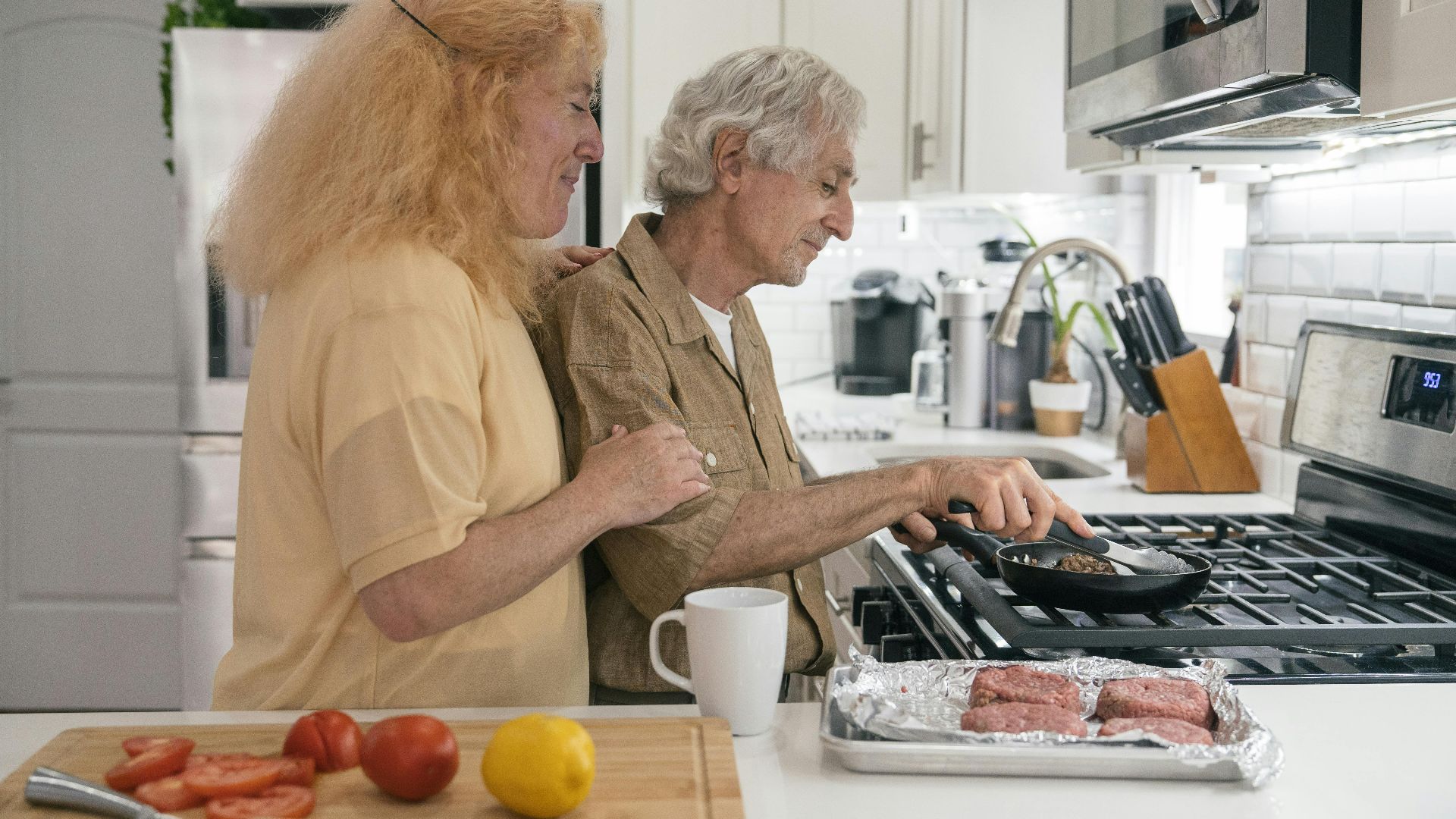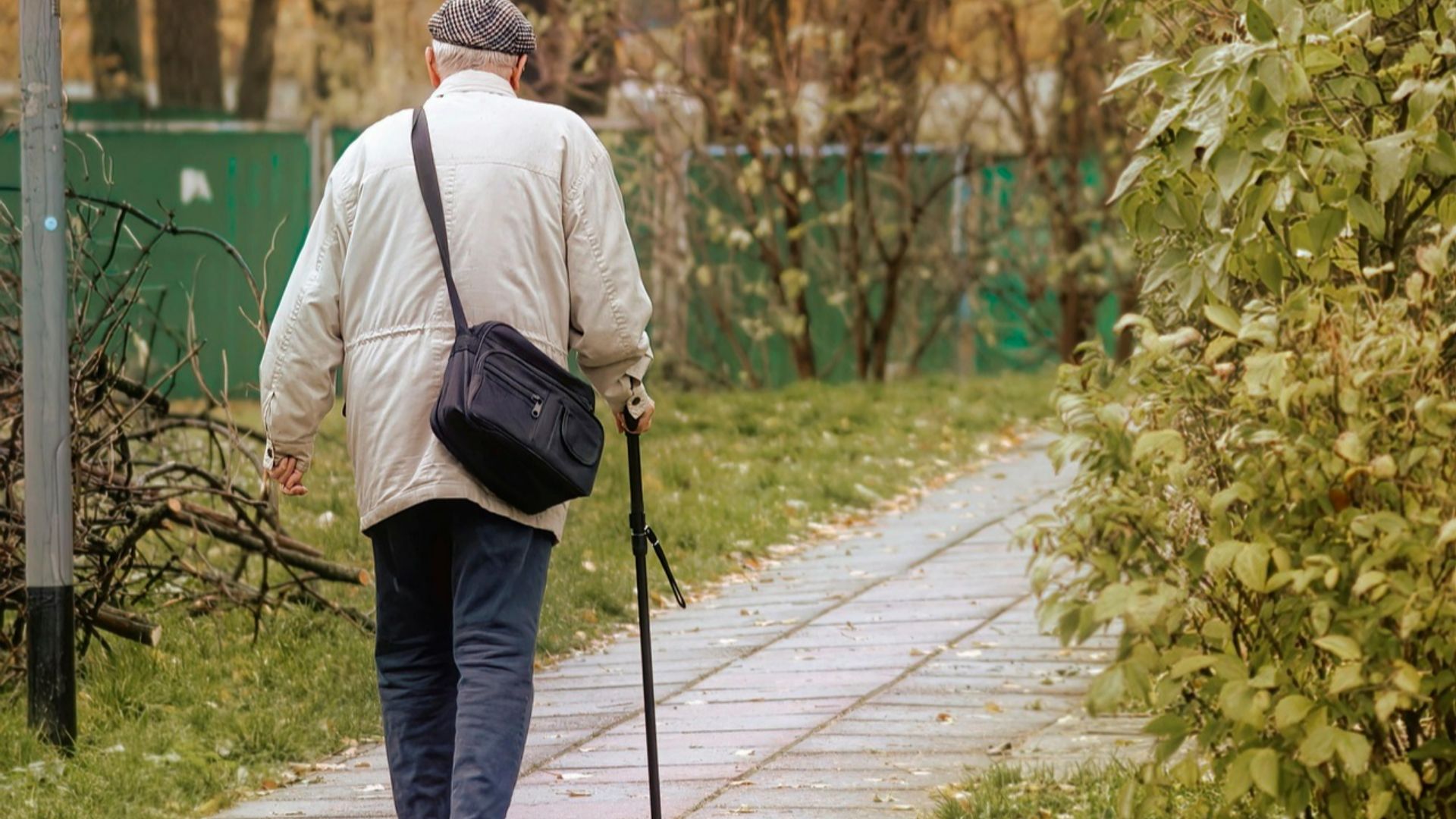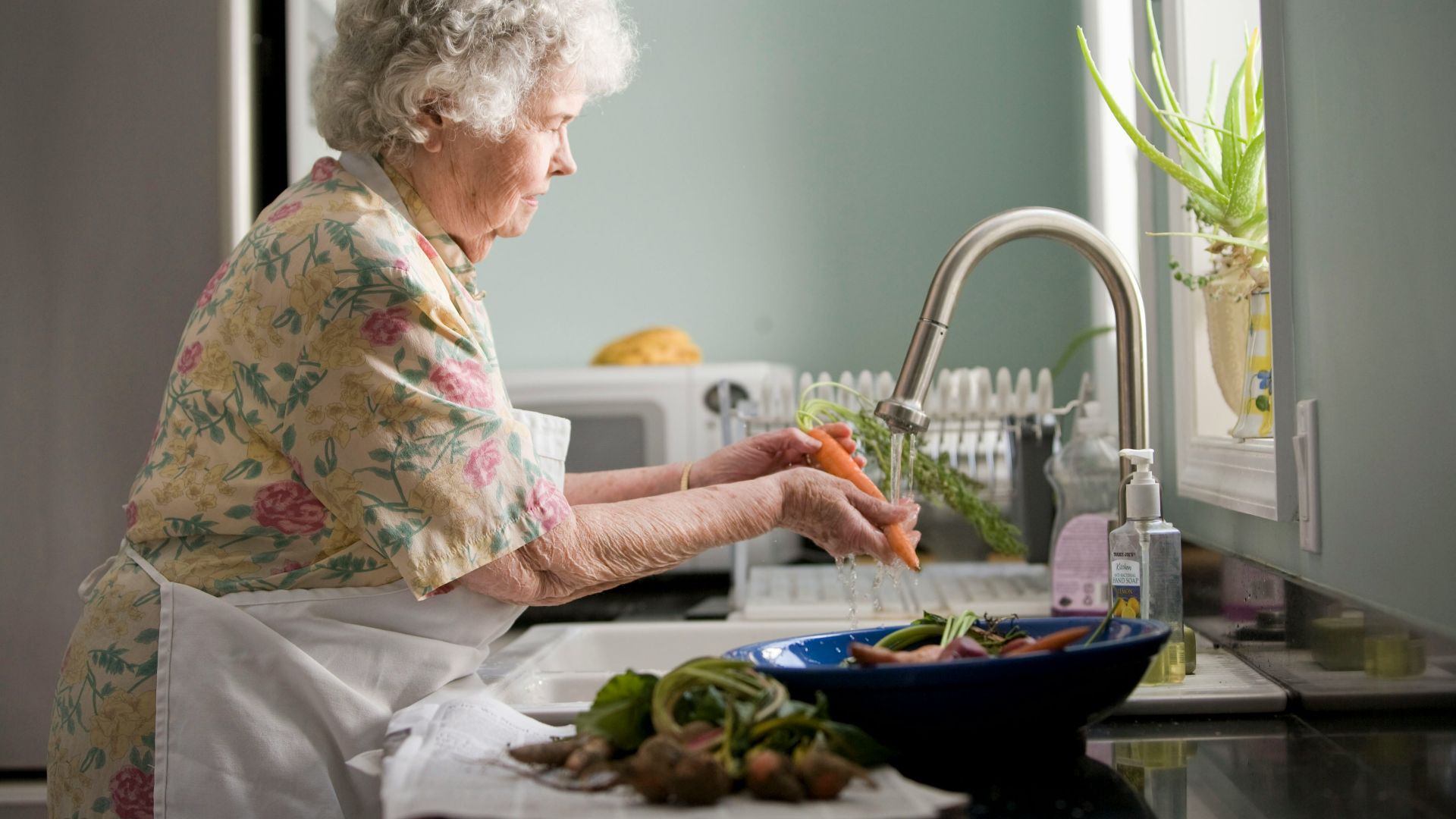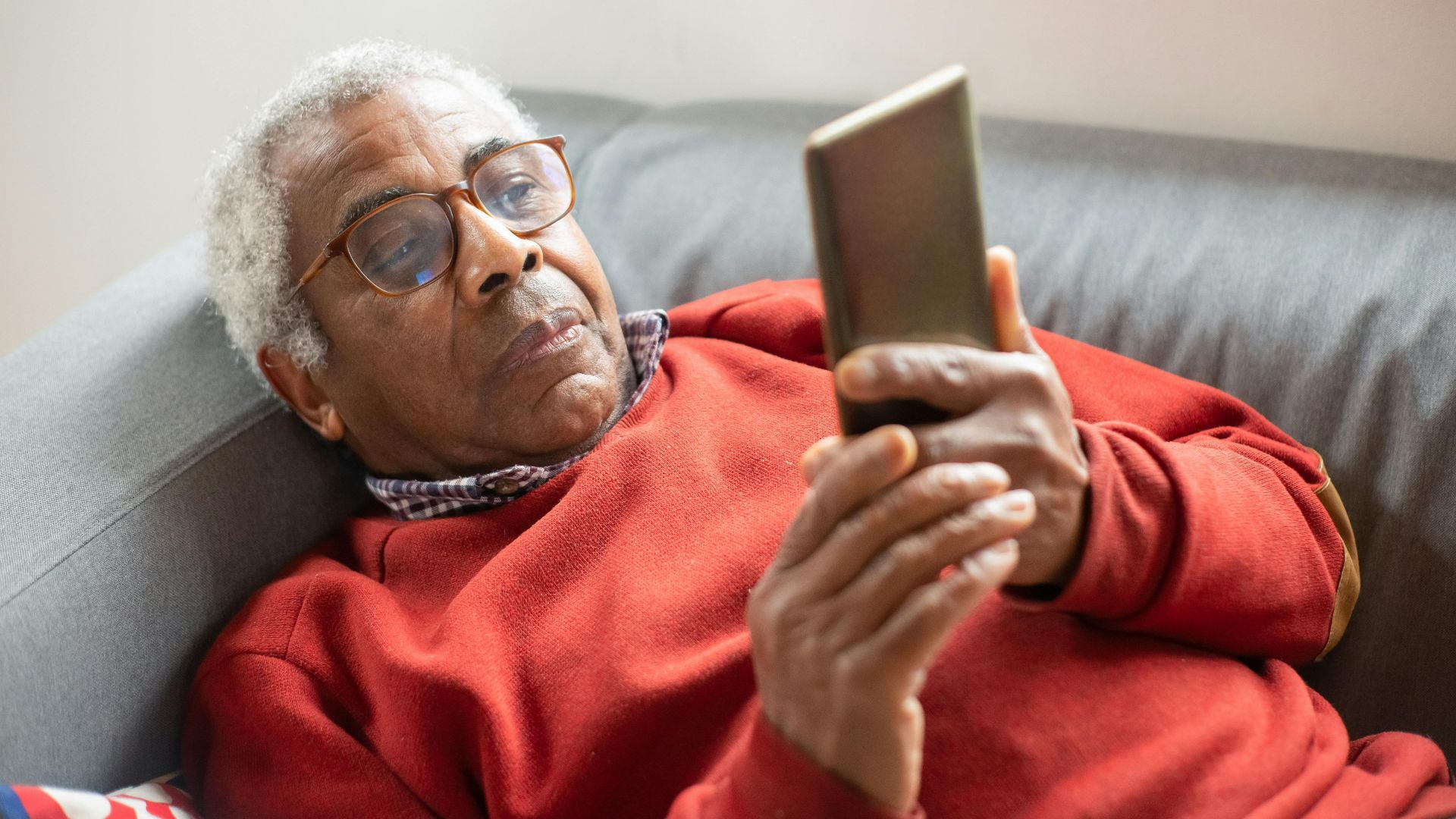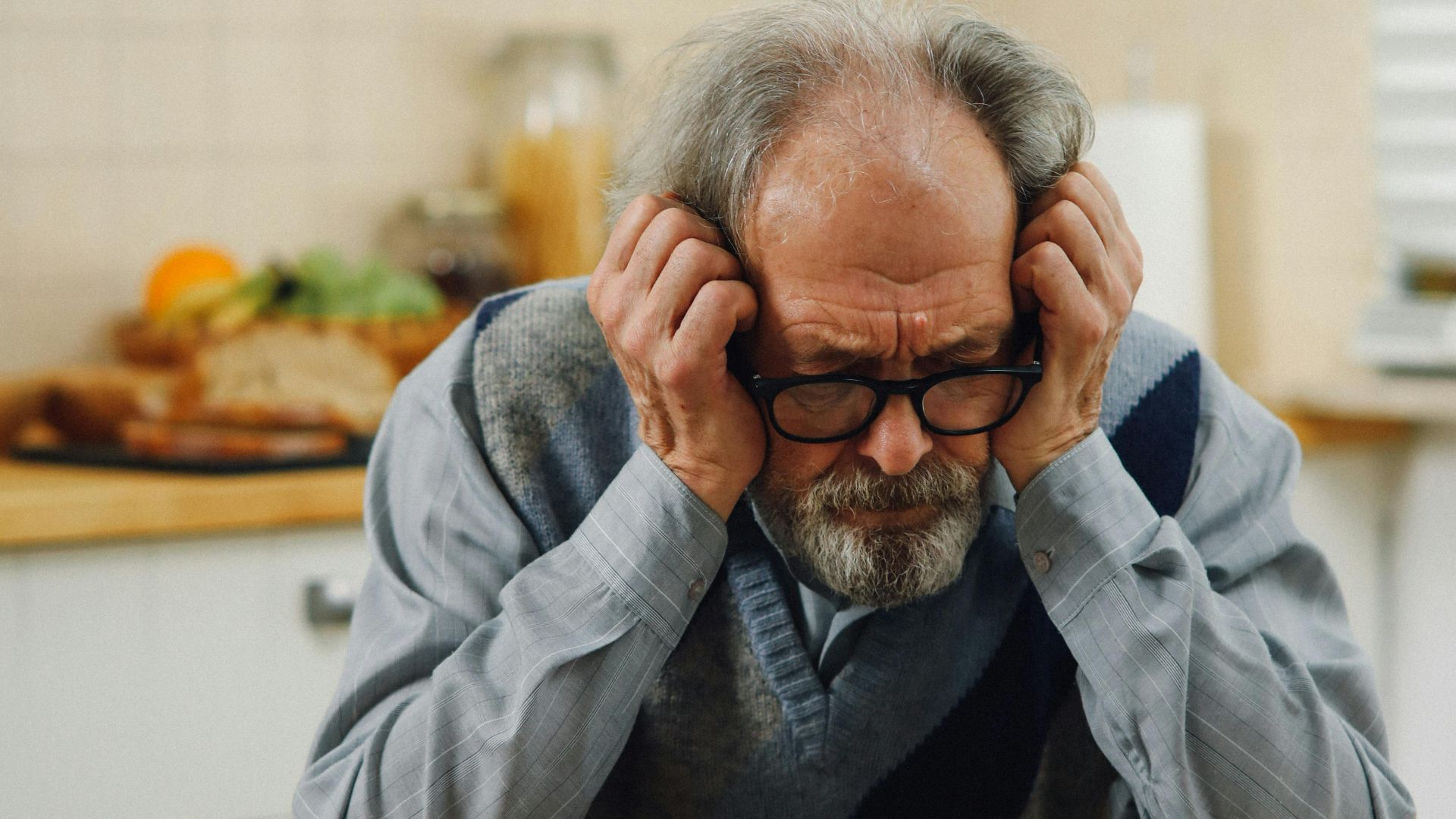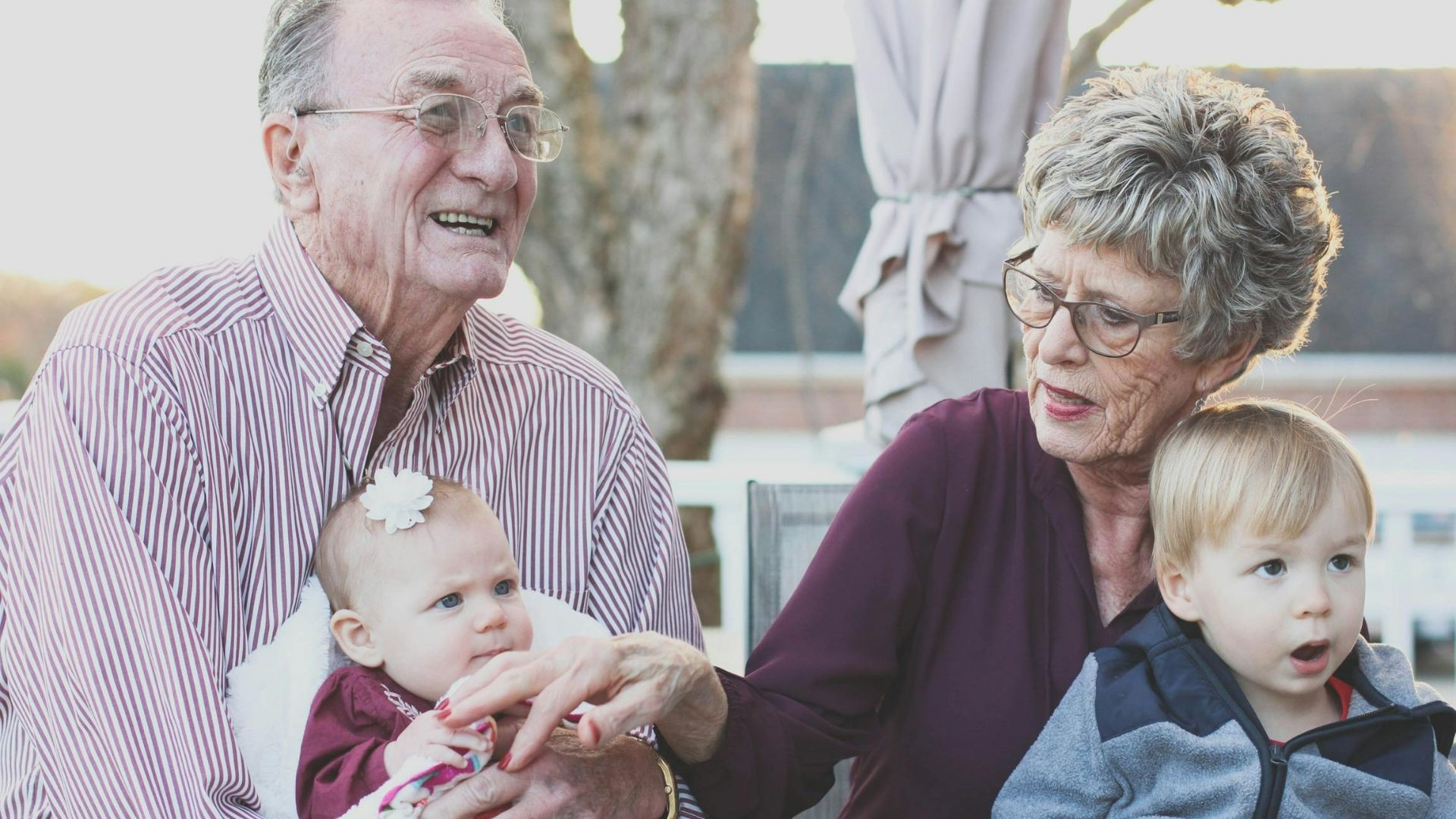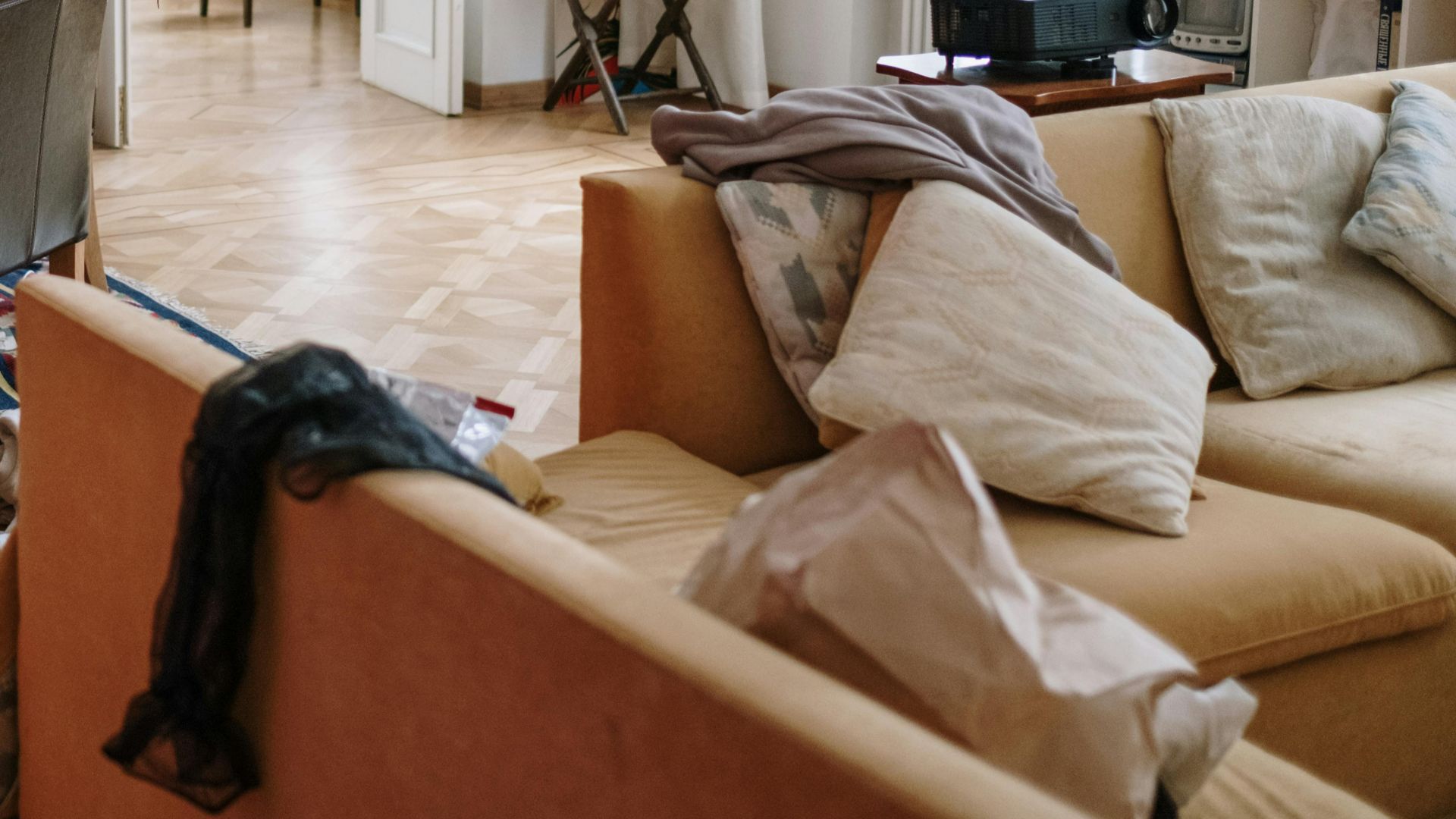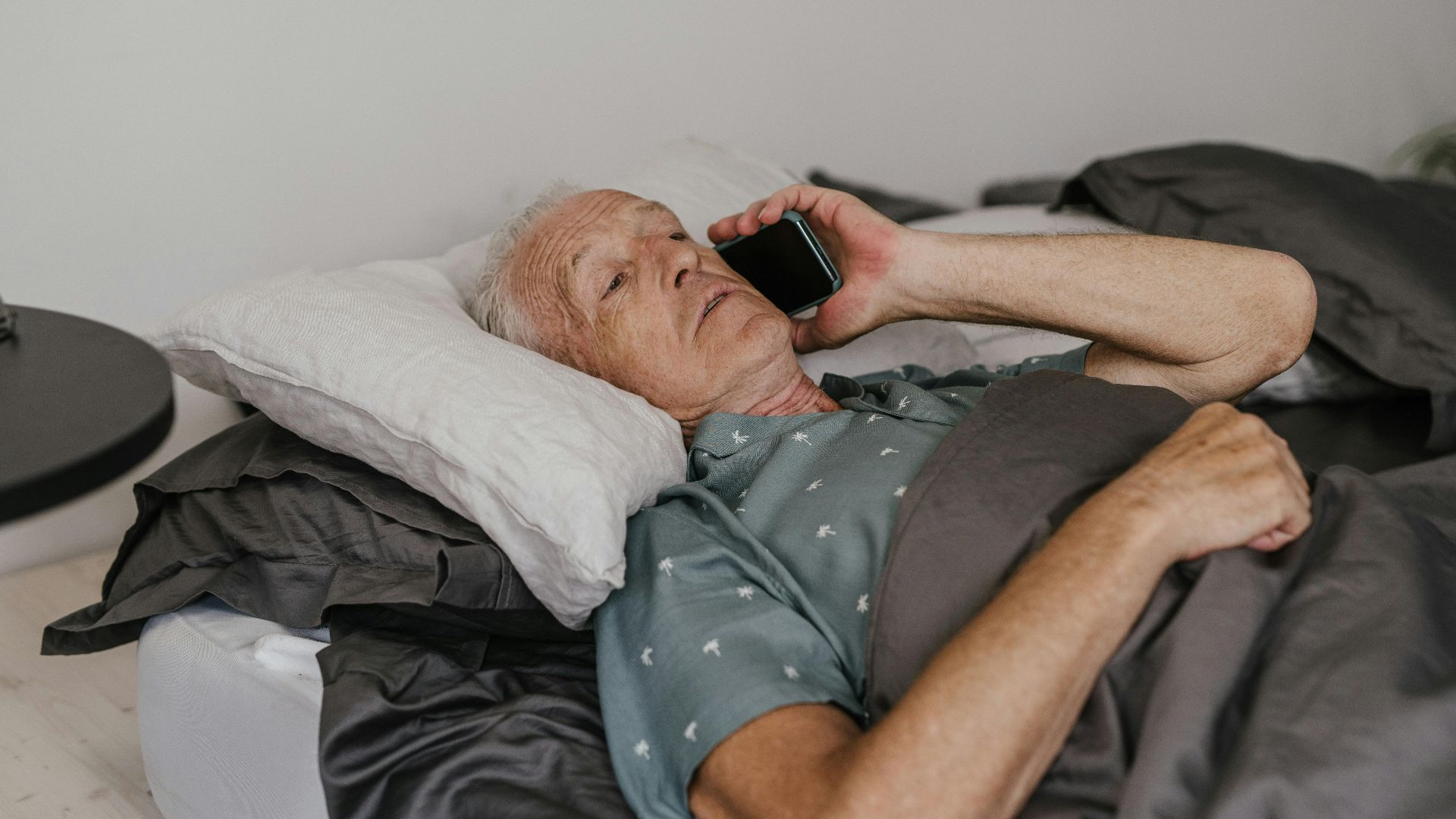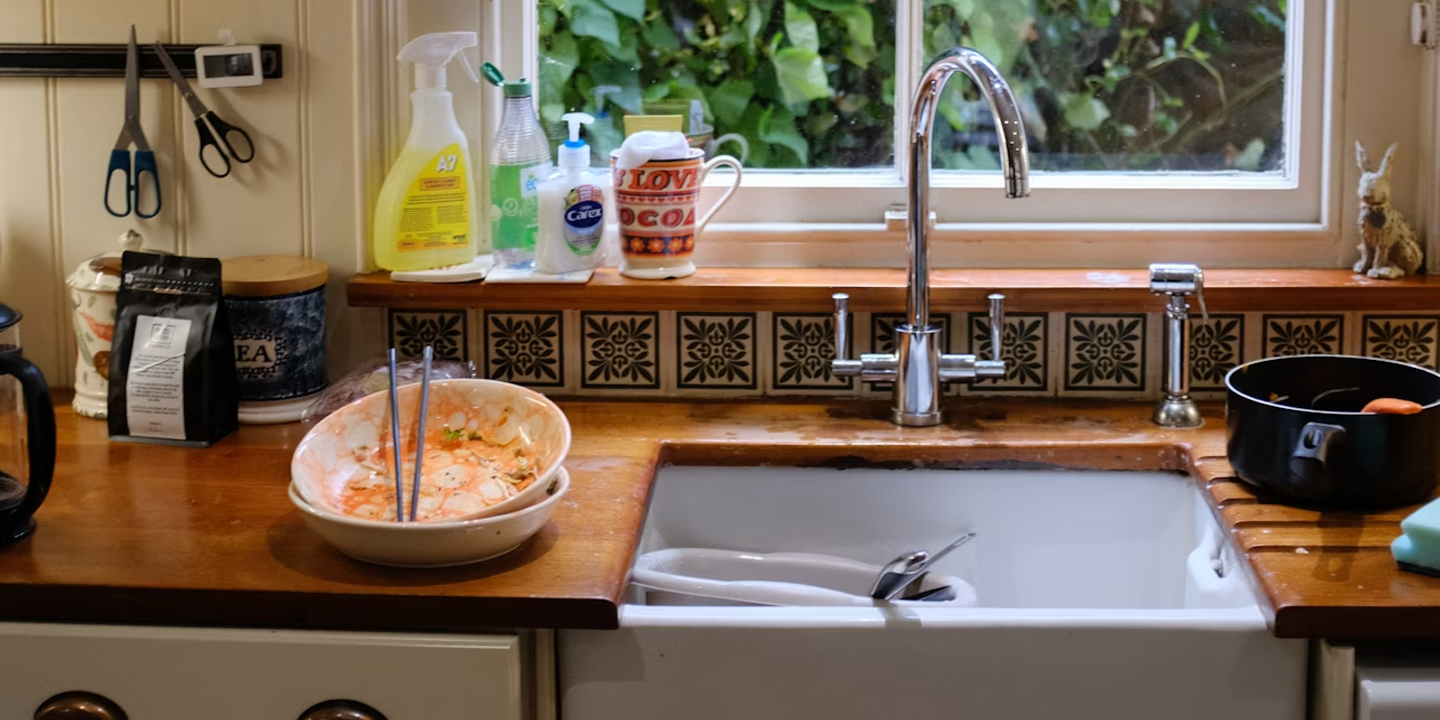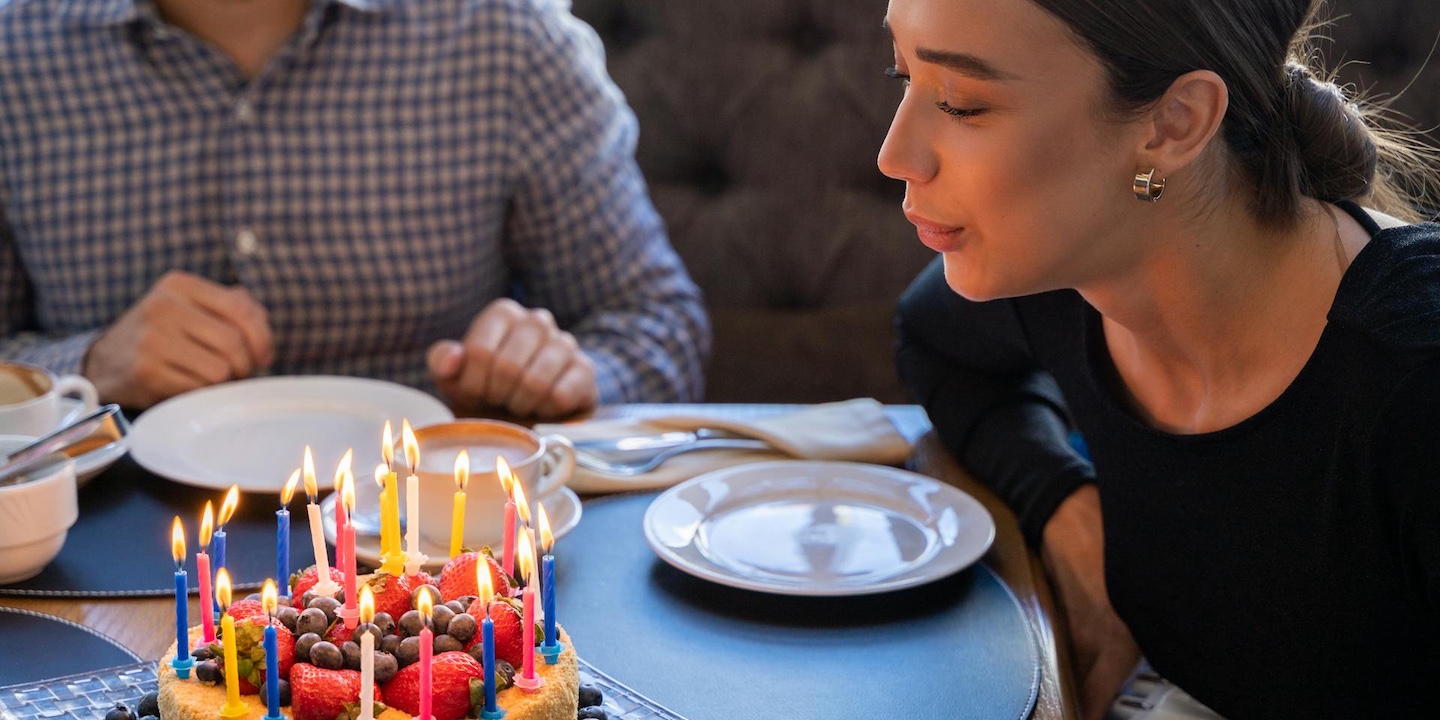Not-So-Subtle Signs
They say home is where the heart is—but sometimes, home is also where the cable remote's been missing for six years, and Dad's still trying to fix that one leaky faucet using duct tape and a dream. Let's be real: as much as we adore our parents, there comes a time when living alone just isn't cutting it anymore. So, let's take a look at 20 signs that might mean it’s time to help them transition into a senior home.
1. Increasing Health Issues
As your parents' health declines, simple tasks may become overwhelming. Chronic conditions like serious heart disease or diabetes can require constant management, often beyond family caregivers' abilities. A senior home with specialized medical staff, such as a nursing home, ensures your beloved parents receive the care they deserve.
2. Frequent Falls
Falls are one of the major causes of injury among older adults, often resulting in broken bones or worse. If your parents have a history of frequent falls, it may be time to consider a senior home where staff can quickly assist in such situations, minimizing risk.
3. Difficulty Managing Medications
Gone are the days when Mom and Dad just needed their "one-a-day" like clockwork. Now, it’s more like a game of pharmaceutical bingo—what to take, when to take it, and which color pill does what again? Thankfully, senior homes run a tight ship, ensuring everything is right on schedule.
4. Worsening Cognitive Decline
A little forgetfulness? Sure, that's just part of the aging package—like gray hairs and telling the same story twice. But when "Where are my glasses?" turns into "Who are you again?" it might be more than just a moment. That’s when a senior home helps them figure out the mental maze.
5. Loneliness And Isolation
Chronic loneliness is linked to serious health risks like depression and high blood pressure. If your parents are isolated, a senior home fosters social connections and activities that enhance both mental and physical health, ensuring they feel part of a vibrant community.
6. Inability To Maintain Hygiene
Personal hygiene is often the first casualty when health or cognitive decline sets in. Seniors may forget to bathe, brush their teeth, or change clothes. Senior homes have staff dedicated to ensuring your loved one maintains their dignity and cleanliness with regular help.
7. Unsafe Living Conditions
If your parent’s home is no longer safe—cracked floors, outdated plumbing, or lack of mobility aids—moving them to a senior home could reduce the risk of accidents. That’s why senior homes are specifically designed to accommodate older adults’ needs.
8. Diminished Financial Capacity
Balancing a checkbook used to be a breeze, but now it feels more like deciphering ancient scrolls. As vision declines, managing money can quickly become confusing. These homes take care of those details, giving your loved one one less thing to manage.
9. Increased Caregiver Stress
Caregiver burnout is real—like trying to run a marathon while juggling flaming torches. As the exhaustion builds, both you and your parents feel the heat. Handing off the tough stuff to trained professionals brings back the balance, letting you be the kid again instead of the in-house nurse.
10. Difficulty Preparing Meals
Cooking isn’t just about throwing something together anymore; it becomes a struggle when mobility or cognitive function declines. In a senior home, your parents will receive meals tailored to their health needs, with variety and nutrition that might be hard to maintain at home.
11. Declining Mobility
Once they could walk to the mailbox with ease, now they might rely on a cane, walker, or even a wheelchair to move around. Declining mobility makes daily tasks harder and increases the risk of injury. Hence, senior homes offer mobility aids and physical therapy.
12. Unexplained Weight Loss
Your parents were never one to turn down a second helping of dessert, but now their plate is practically untouched. Unexplained weight loss could point to something more serious, and senior homes can provide nutritious meals to make sure they’re getting the fuel they need.
13. Need For 24/7 Supervision
If your parent’s idea of “being independent” is trying to balance on a ladder while changing a lightbulb, it’s time for 24/7 supervision. These homes provide constant care, making sure someone is always there to step in when needed. No more dangerous DIY projects on their own!
14. Unstable Living Environment
Your parent’s neighborhood may have become less “peaceful” over the years. Whether it’s a rise in crime, unpredictable weather, or an unstable home, senior homes offer a controlled, peaceful environment where your parents can feel secure and stress-free.
15. Frequent Hospital Visits
Repeated hospital visits can indicate that your parent’s health has deteriorated to the point where it’s difficult for them to stay at home. Senior homes with on-site medical teams, such as nursing homes, can address your parent’s needs promptly, reducing the hassle of constant hospital stays.
16. Unable To Keep Up With Everyday Tasks
Missing doctor’s appointments or forgetting family get-togethers could be the brain waving a little red flag. When these slip-ups stack up, care homes can step in to gently keep things on track, making sure your parent’s day-to-day isn’t ruled by “Oops, I forgot!” moments.
17. Changes In Personality
Irritability out of nowhere? Dad picking fights with the toaster? Mom suddenly giving the silent treatment like it’s a sport? With memory care and behavioral support, senior homes help manage the storm while keeping your parents comfortable and cared for.
18. Unattended Personal Belongings
When the mail’s piling up and Grandma’s keys are in the freezer again, it’s more than just quirky chaos; it’s a sign something’s off. With daily support to keep things tidy and belongings in check, these homes help bring back order to the mayhem (no more treasure hunts for the remote).
19. Dangerous Driving Behavior
If your parents are showing signs of forgetfulness with traffic laws or getting lost on common routes, it might be time to consider alternatives like a senior home where driving isn’t part of the equation. This will not only protect them but also provide a safer and more manageable lifestyle.
20. Inability To Handle Emergencies
Older adults may struggle with making quick decisions in emergencies. In a senior home, trained professionals are always available to respond immediately, ensuring that your parent receives prompt care when it’s needed most.



